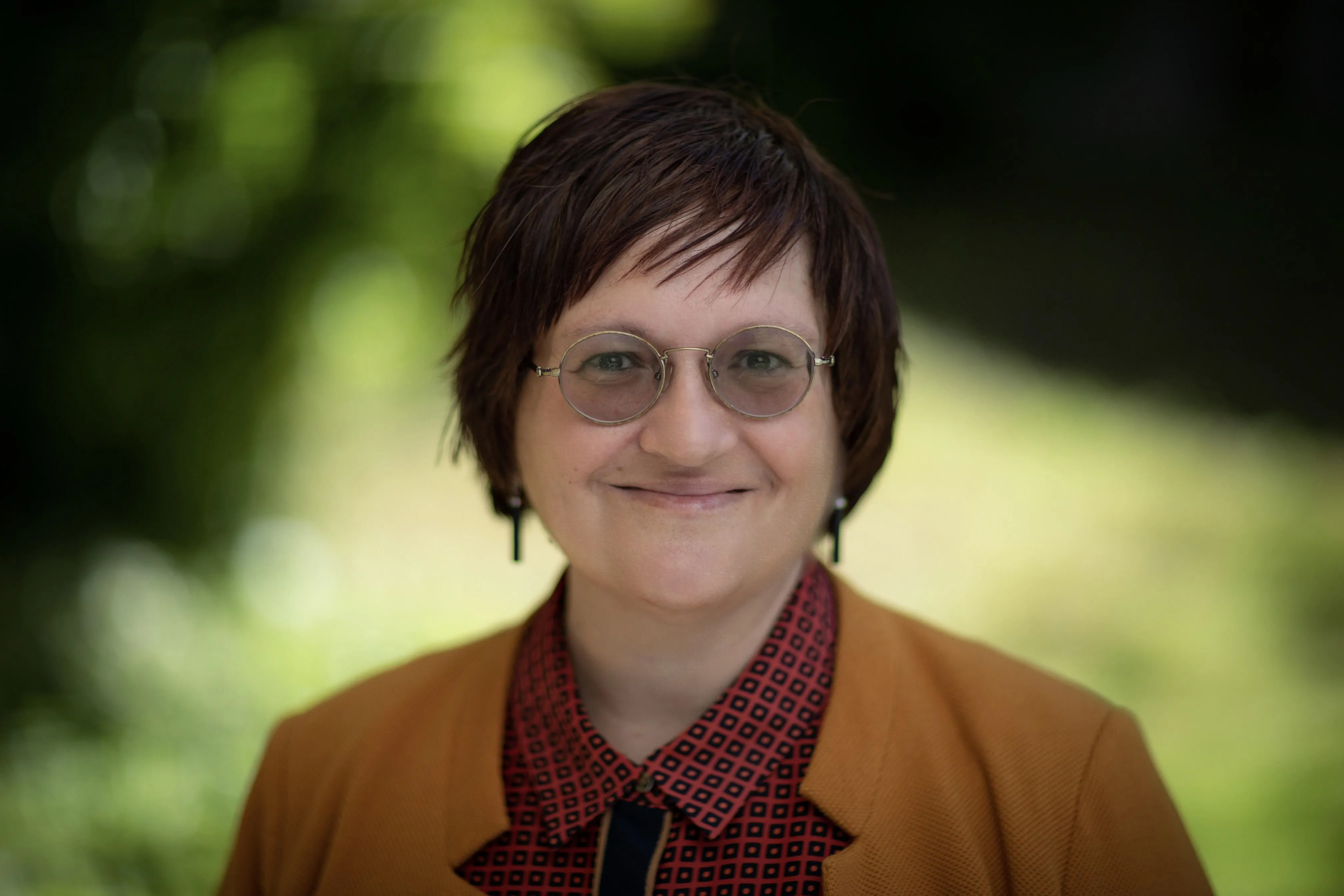Please note: this event has passed
This is a hybrid event; attendees can either join in person or on Teams. If the latter, please click on the 'Register for this event' button in the top right of this webpage, and fill in the form to receive the Teams link.
If you would prefer to attend in person, the seminar will take place in Room G/8, in the Waterloo Bridge Wing of Franklin Wilkins Building, King's College London, Stamford Street, SE1 9NH. If you are not a member of CRESTEM, please email crestem-events@kcl.ac.uk to RSVP.
Places are limited; please register early to avoid disappointment.
The rapid changes in science and society during the last decade have demonstrated the need for readiness to address an uncertain future. Such need has been conceptualized as “future-oriented skills” which are a set of skills that students should be able to acquire through formal and informal educational settings to address future challenges. Contemporary educational landscape can put more emphasis on secondary students’ acquisition of future-oriented skills such as critical thinking skills which will help them function in society including, for example in dealing with major emergencies such as climate change and pandemics. In this presentation, Professor Sibel Erduran will review some perspectives and school-based funded research projects to illustrate how future-oriented skills in science teaching and learning can be enhanced to meet some of the needs of a fast-paced world.

About the speaker
Sibel Erduran is a Professor of Science Education and Fellow of St Cross College at University of Oxford. She is a Fellow of the American Educational Research Association and Editor of International Journal of Science Education. Previously she served as the President of the European Science Education Research Association and the Editor-in-Chief of Science & Education. She has been a science and chemistry teacher in a secondary school in northern Cyprus. Her research interests focus on the infusion of epistemic practices of science in science education. Her work on argumentation has received international recognition through awards from NARST and EASE. She has been the recipient of funding from Wellcome Trust, EU Marie Curie Brain Circulation Scheme and Science Foundation Ireland, among others. Her books include Argumentation in Chemistry Education: Research, Policy and Practice (Royal Society of Chemistry) and Reconceptualizing the nature of science for science education: Scientific knowledge, practices and other family categories (Springer).
This event was part of the CRESTEM Seminar Series.
Event details
TBCWaterloo Bridge Wing, Franklin Wilkins Building
Stamford Street, SE1 9NH
